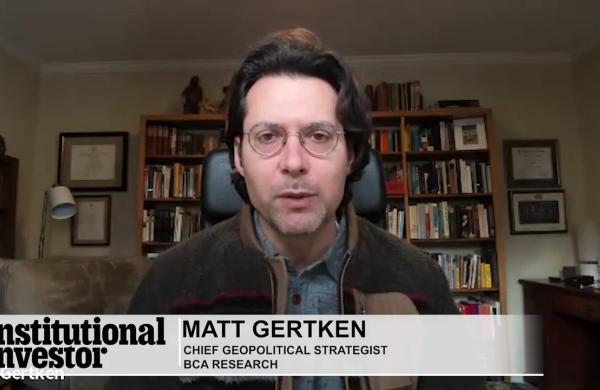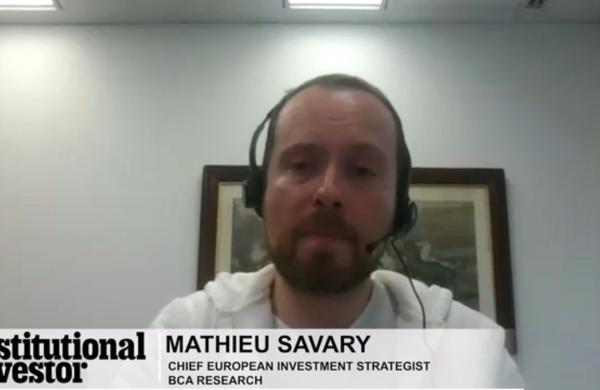European Central Bank vice president Lucas Papademos has emerged as a leading voice on the challenge of reinforcing global financial stability.
A Massachusetts Institute of Technology Ph.D., former lecturer on economics and governor of the Bank of Greece in the lead-up to the euro’s adoption, Papademos has frequently warned of the risks of inflation in the euro zone, which at 3.7 percent is now well above the ECB’s 2 percent medium-term target. Last month Papademos introduced the ECB’s June Financial Stability Review, which elaborated on the sources of the current financial turmoil and called for greater risk disclosure.
It also gave specific proposals for promoting coordination among central banks and banking supervisors to address individual bank risk and cross-border systemic risks. Papademos spoke to Institutional Investor Senior Writer Henry Teitelbaum from Frankfurt last month.
1 Institutional Investor: Where are we in the course of the current financial crisis?
Papademos: I wouldn’t be ready to say we’ve gotten through the worst of it, but I think there are a number of positive signs that are emanating from a number of markets, notably in the credit default swap indexes. The availability of credit to the private sector has not been significantly affected, which leads to the conclusion that spillover effects on the real economy from conditions in the credit market in Europe are contained.
2 How serious is the risk of stagflation in Europe?
Stagflation means high inflation but a stagnating economy, which means real growth close to zero. The projected rate of growth provides a midpoint of 1.8 percent for 2008 and 1.5 percent for 2009. Clearly, these figures are below the 2.7 percent of last year, but they do not approach anything close to zero. We don’t see a risk of growth falling to zero territory.
3 At what point should the ECB raise rates to avoid an inflationary spiral?
It’s a matter of judgment and risk. Headline inflation is largely accounted for by the sharp and persistent increase in oil and food prices. What is particularly a cause of concern is the [possibility of] second-round effects on prices and wages. To ensure that this risk does not materialize, and taking into account the influence of other factors that shape inflation dynamics in the economy, we are ready to act in a preemptive manner. [The ECB raised rates to 4.25 percent on July 2.]
4 Is the ECB risking moral hazard with the kind of collateral it is accepting from banks?
We have not changed our framework in order to facilitate the provision of some securities by financial institutions as a result of the turmoil. We don’t accept, for example, any collateral that has a rating of less than A-minus, and most of it, by the way, is well above this. In addition, we do apply measures to ensure that the potential risk associated with the acceptance of this collateral is contained — for example, haircuts and valuation measures.
5 Are you satisfied with the cross-border coordination to reinforce global financial stability?
I think the cooperation between central banks in monitoring developments and exchanging information and acting in a concerted way when this was necessary has been excellent. There has also been fairly good cooperation, I think, between supervisors, but so far we haven’t had a test of pressures as a result of the turmoil that affected a large cross-border financial institution. There have been simulation tests trying to assess how in a more serious crisis there would be more of a joint action by super-visors and central banks and possibly other authorities. There are arrangements in place, but they are also making a continuous effort in the euro area and globally to strengthen these arrangements.





